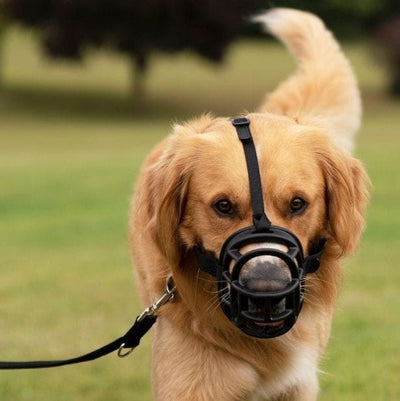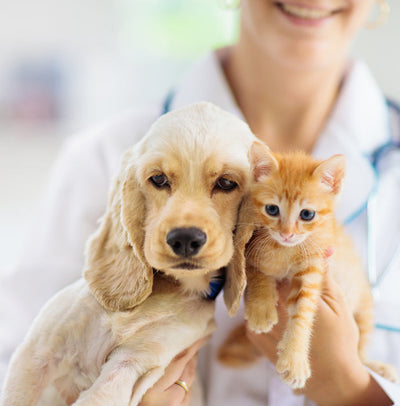
If you're new to raising chickens, caring for day old chicks can seem overwhelming.
However, with the right knowledge and tools, you can ensure your chicks grow into healthy and happy chickens.
Learn about the essentials of chick care, including feeding, watering, and keeping them warm, and set your flock up for success. Did we mention how day old chicks will grow into tame, egg-laying pets too?? Bonus!
Prepare a Warm and Safe Brooder.
Before bringing your day old chicks home, it's important to prepare a warm and safe brooder for them to live in. A brooder is essentially a small, enclosed space where your chicks can stay warm and protected. You can create a brooder using a cardboard box, plastic tub, or even a large pet carrier. Line the bottom of the brooder with absorbant wood shavings, and provide a heat source such as a heat lamp or heating pad to keep the temperature between 90-95 degrees Fahrenheit for the first week. Make sure the brooder is secure and free from drafts, and provide plenty of fresh water and chick starter feed for your new arrivals.
Provide Clean Water and Nutritious Feed.
One of the most important aspects of caring for day old chicks is providing them with clean water and nutritious feed. Chicks need access to fresh water at all times, and it's important to clean and refill their waterer daily to prevent the spread of bacteria. As for feed, chicks require a high-protein diet to support their growth and development. When caring for day old chicks, it is important to provide them with the right feed. We recommend our "chick starter" feed for the first eight weeks. This food is specially formulated to provide growing chicks with all the necessary nutrients they need to thrive.
As your chicks grow, you can gradually introduce other types of feed and treats, but make sure to do so slowly and in moderation to avoid digestive issues.
Adjust feed as baby chicks develop
As the chicks mature, their dietary requirements will change. It is important to adjust the feed provided accordingly to ensure that they receive the necessary nutrients to support their growth and development. By the time the chicks reach 18 weeks of age, their nutritional needs will have evolved, and it is important to provide them with the appropriate feed to meet these changing requirements.
Monitor Temperature and Humidity Levels.
Another crucial aspect of caring for day old chicks is monitoring the temperature and humidity levels in their brooder. Chicks require a warm and dry environment to thrive, so it's important to keep the brooder temperature around 35 degrees ( until they are fully feathered.), this can be reduced to 30 degrees within 7 days. By the age of 4 weeks the temperature should sit at between 18-20degrees. until they are fully feathered.
You can use a thermometer to monitor the temperature, and a hygrometer to measure the humidity levels. Aim for a humidity level of around 50-60% for the first week, and gradually decrease it to around 40% as the chicks grow.
Proper temperature and humidity levels are essential for the health and well-being of your chicks.
Watch for Signs of Illness and Address Them Promptly.
It's important to keep a close eye on your day old chicks for any signs of illness. Common signs of illness in chicks include lethargy, loss of appetite, diarrhea, and abnormal behavior. If you notice any of these symptoms, it's important to address them promptly to prevent the spread of illness to the rest of your flock. Isolate any sick chicks and consult with a veterinarian if necessary. Additionally, make sure to keep your brooder clean and sanitised to prevent the spread of bacteria and disease.
Gradually Introduce Chicks to the Outdoors.
As your chicks grow and develop, it's important to gradually introduce them to the outdoors. This process is called "hardening off" and helps prepare them for life outside of the brooder. Start by taking them outside for short periods of time, gradually increasing the length of time they spend outside each day. Make sure they have access to shade and shelter from the elements. Keep a close eye on them during this process to ensure they are adapting well and not showing signs of stress or illness.
We have day-old-chicks for sale every week, contact our knowledgeable staff for hatching days.
All our chicks are vaccinated for Marecks Disease, Fowl Pox, Infectious Bronchitis, and are treated for Coccidiosis, mites, lice and worms.
© weknowpets 2023







